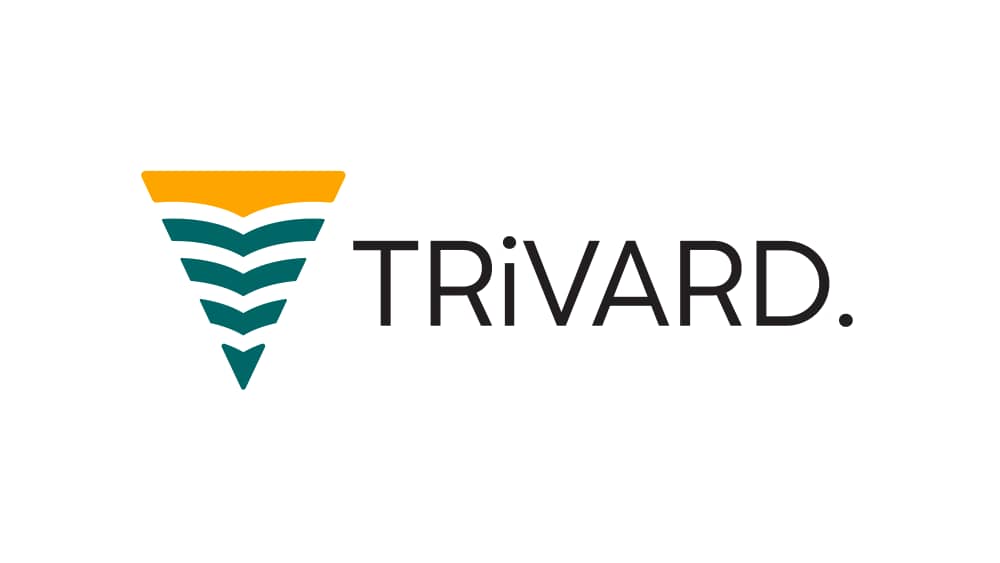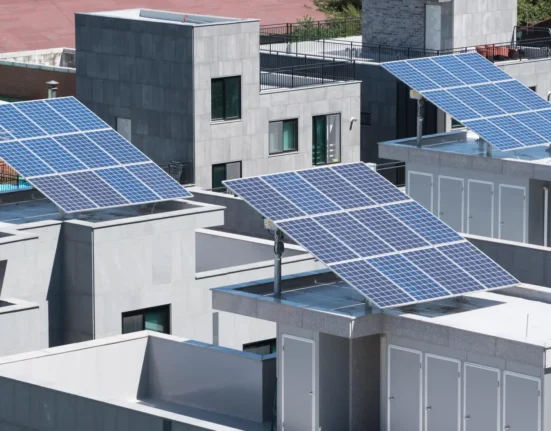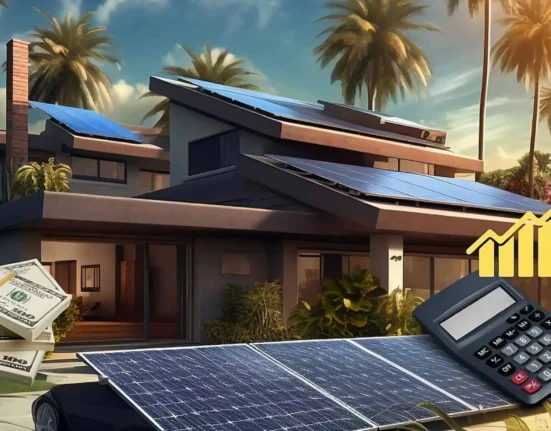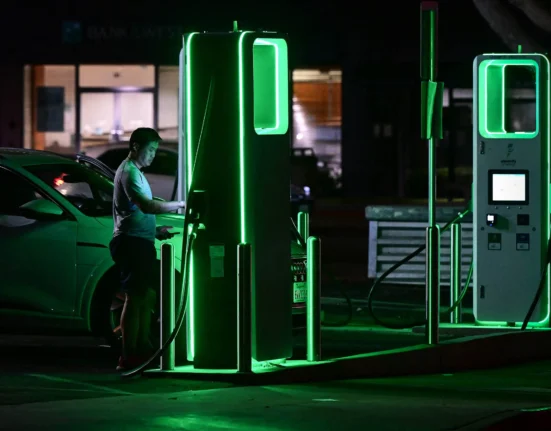Energy costs are a significant burden for small businesses, eating into profits and limiting growth opportunities. As the world transitions toward sustainable energy solutions, solar power offers an affordable and efficient way for small businesses to reduce expenses and increase profitability.
This guide explores how small businesses can harness the power of solar panels to lower energy bills, access financial incentives, and adopt sustainable practices that attract eco-conscious customers.
1. Why Solar Panels Are a Game-Changer for Small Businesses
Rising Energy Costs: A Threat to Profitability
Traditional electricity rates are rising due to increasing demand and aging grid infrastructure. For small businesses operating on tight budgets, fluctuating energy costs can disrupt financial stability.
Solar Panels: The Sustainable Solution
Solar panels allow businesses to generate their own electricity, reducing reliance on grid power. Benefits include:
- Predictable Energy Costs: Lock in energy rates for 20+ years.
- Increased Profit Margins: Lower overhead costs, leaving more room for reinvestment.
- Environmental Responsibility: Demonstrating a commitment to sustainability enhances brand reputation.
2. The Financial Benefits of Solar Panels for Small Businesses
Significant Energy Savings
Solar panels can reduce electricity bills by up to 70%, depending on system size and energy consumption. For businesses like retail shops, restaurants, or small offices, this translates into thousands of dollars saved annually.
Tax Credits and Incentives
Governments worldwide offer financial incentives to make solar installations affordable:
- USA: The federal solar tax credit (ITC) covers 30% of installation costs.
- UK: Small businesses can benefit from VAT exemptions on renewable energy technologies.
- Canada: The Greener Homes Grant provides funding for energy-efficient upgrades.
Improved ROI
With falling solar panel prices, most small businesses see a return on investment (ROI) within 5-7 years, followed by decades of free electricity.
3. How to Choose the Right Solar Panels for Your Business
Assessing Your Energy Needs
Start by evaluating your business’s electricity consumption:
- Review Past Bills: Understand peak usage patterns.
- Identify Energy-Intensive Equipment: Determine which appliances consume the most power.
- Plan for Growth: Factor in future energy needs to avoid under-sizing your solar system.
Selecting the Best Solar Panels
Consider these key factors:
- Efficiency: High-efficiency panels, like monocrystalline, generate more power in limited space.
- Durability: Panels with longer warranties (20-25 years) ensure reliable performance.
- Cost-Effectiveness: Compare upfront costs against long-term savings.
Partnering with Trusted Installers
Work with certified solar installers who can provide tailored solutions and ensure compliance with local regulations.
4. The Environmental Impact of Solar Energy for Businesses
Reducing Carbon Footprints
By switching to solar power, businesses contribute to global efforts to combat climate change. A typical commercial solar system offsets approximately 50,000 pounds of CO₂ annually.
Enhancing Brand Image
Consumers prefer environmentally responsible brands. Adopting solar energy demonstrates your business’s commitment to sustainability, attracting eco-conscious customers and partners.
Supporting Global Energy Transition
Small businesses play a crucial role in reducing dependency on fossil fuels, advancing renewable energy adoption worldwide.
5. Cost-Effective Solar Solutions for Small Businesses
Rooftop Solar Panels
Ideal for businesses with unused roof space, rooftop panels provide an affordable and efficient way to harness solar power.
- Cost: $10,000–$50,000, depending on system size.
- Savings: Reduce electricity bills by 50–70%.
- Incentives: Eligible for tax credits and net metering programs.
Solar Carports
Transform parking lots into power-generating assets with solar carports. They provide dual benefits of clean energy and shaded parking.
- Cost: Higher upfront investment, but substantial long-term savings.
- Best For: Businesses with large outdoor spaces.
Community Solar Projects
For businesses unable to install solar panels on-site, community solar programs offer a practical alternative.
- How It Works: Buy or lease a share in a solar farm and receive credits on your electricity bill.
- Advantages: No upfront installation costs, suitable for renters.
6. Overcoming Challenges in Solar Adoption
High Initial Costs
While solar panels require upfront investment, financing options like loans, leases, and power purchase agreements (PPAs) make them accessible.
Space Constraints
Small businesses with limited roof or ground space can opt for high-efficiency panels or join community solar projects.
Regulatory Barriers
Navigating local regulations can be daunting. Partnering with experienced installers simplifies the process and ensures compliance.
7. Real-Life Success Stories
Case Study 1: A Bakery in California
By installing a 15kW rooftop solar system, the bakery reduced its electricity bill by 60%, saving $6,000 annually. The savings were reinvested into expanding operations.
Case Study 2: A Small Office in London
A marketing firm installed solar panels through a lease agreement, cutting energy costs by 50% without upfront expenses.
Case Study 3: A Farm in Ontario
A family-owned farm transitioned to solar energy to power irrigation systems, saving CA$10,000 annually while qualifying for Canada’s Greener Homes Grant.
8. Future Trends in Solar Technology for Businesses
Bifacial Solar Panels
These panels capture sunlight on both sides, increasing efficiency and energy output.
Integrated Battery Storage
Pairing solar systems with batteries allows businesses to store excess energy for use during peak hours or outages.
AI-Driven Energy Management
Smart solar systems powered by AI optimize energy usage, reducing waste and maximizing savings.
Invest in Solar Panels to Boost Profitability
For small businesses, adopting solar energy is more than a cost-saving strategy—it’s a pathway to sustainability, profitability, and growth. From reducing electricity bills to enhancing brand image, the benefits of solar panels far outweigh the initial investment.
Take the first step today by assessing your energy needs, exploring financing options, and partnering with trusted installers. Solar energy is not just an investment in your business; it’s an investment in a sustainable future.
Keywords: solar panels for businesses, maximize profitability, affordable renewable energy solutions.












Leave feedback about this